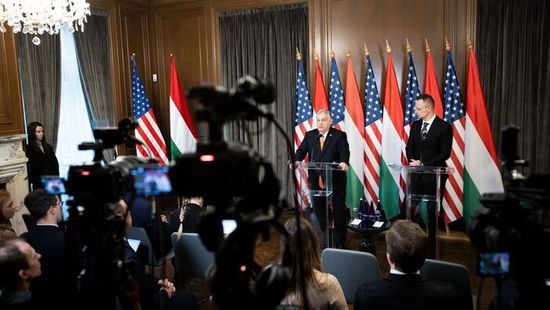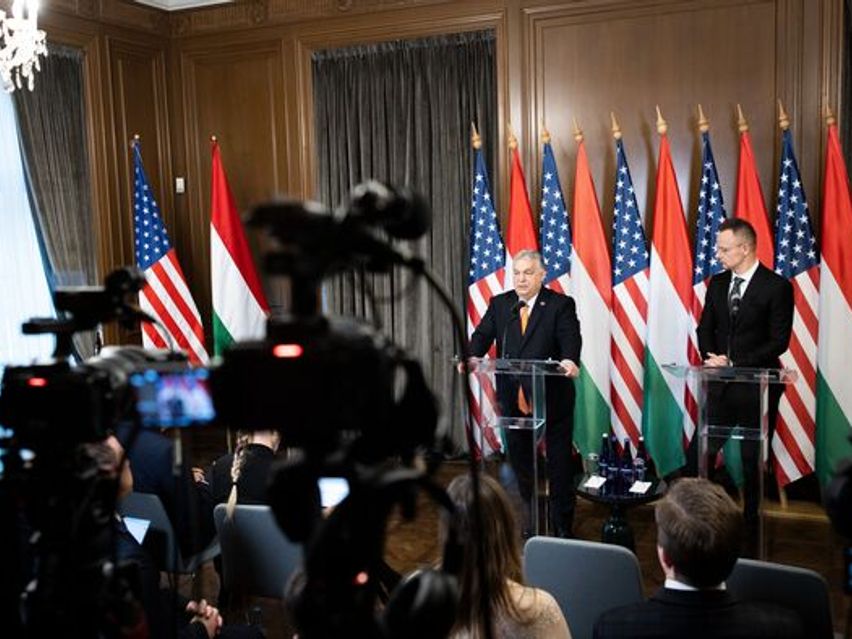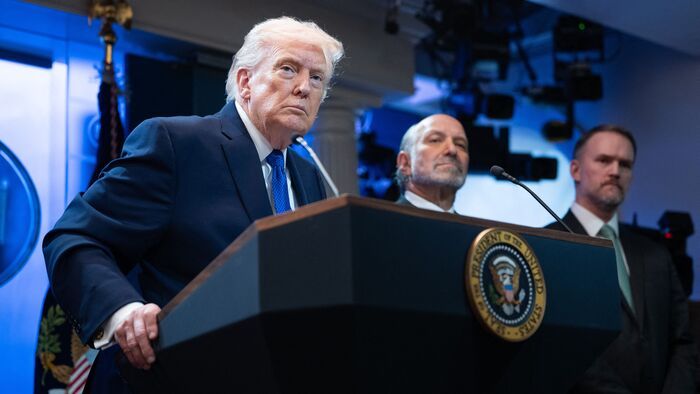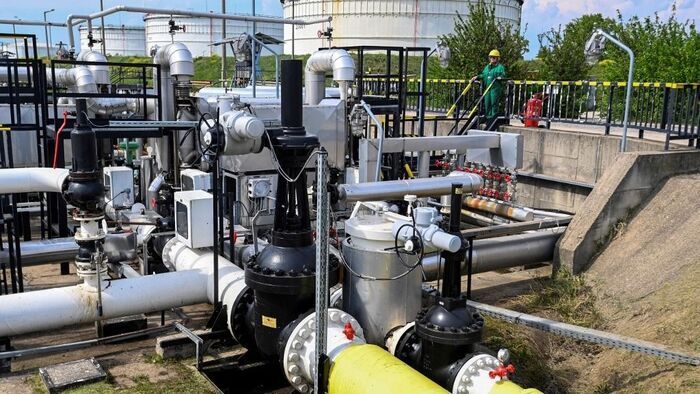The three major credit rating agencies — Fitch Ratings, Moody’s, and Standard and Poor’s — continue to recommend Hungary for investment, the Ministry of National Economy (NGM) announced after Standard and Poor’s confirmed Hungary’s current credit rating.
In its statement, the ministry said that international confidence in Hungary remains unbroken, which is confirmed not only by the credit ratings but also by the country’s bond issuances. This year’s foreign currency bond auctions have been exceptionally successful — the Government Debt Management Agency (AKK) carried out issuances in three currencies — the euro, the US dollar, and the Chinese renminbi — all of which were oversubscribed multiple times.
This highlights that despite global challenges, both Western and Eastern investors view Hungary as a reliable partner and a meeting point, the statement said.
Strong investor and market confidence is also reflected in the continuous inflow of foreign direct investment (FDI), the statement said. Political stability, advanced infrastructure, a skilled workforce, and the exceptionally high profitability of FDI in Hungary continue to make the country an attractive destination. In addition to Western investors, the share of Eastern, particularly Chinese and South Korean, investments is also increasing. Following the opening of BMW’s plant in Debrecen on September 26, several major industrial projects such as CATL, BYD, Semcorp, and EcoPro will soon contribute to the performance of the national economy.
Hungary’s economy stands on solid foundations: employment remains exceptionally high, with nearly 4.7 million people working, while the number of registered jobseekers is at a record low. Thanks to more than a year and a half of rising real wages, consumption continues to expand, and domestic tourism is strengthening. In fact, tourism may close another record year in 2025, as this year the number of guests surpassed 15 million by the end of September — earlier than ever before, said the statement issued by the ministry.
It was also noted that Hungary’s public finances are in order. The government is implementing Europe’s largest tax-cut program while remaining fully committed to maintaining fiscal stability.
According to the ministry, two external factors currently pose the greatest threat to the Hungarian economy: the prolonged weakness of Germany's economy and the EU’s disastrous tariffs agreement with the United States.























Szóljon hozzá!
Jelenleg csak a hozzászólások egy kis részét látja. Hozzászóláshoz és a további kommentek megtekintéséhez lépjen be, vagy regisztráljon!